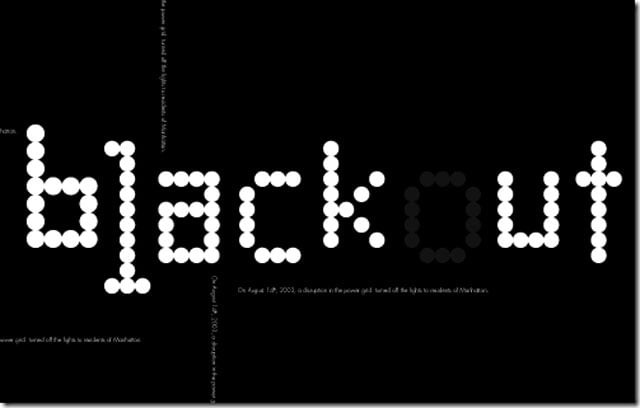With no phones or internet, Kashmiris struggle to reach families
There were 196 blackouts last year in 25 countries – with India topping the list

India revoked the special status of IOK on August 5 and moved to quell widespread unrest by shutting down communications and clamping down on freedom of movement.
"Most of us have not spoken to our relatives there in 10 days," said Faiq Faizan in Delhi, adding that people in occupied Kashmir are trekking and waiting for hours to make calls from a few phone lines in government offices and police stations.
"My grandmother, who is over 70 years old, was finally able to call a relative to say she was OK... We are sending messages, food and medicines through people who are going there, like in the old days."
Kashmiri businessman and former journalist Syed Nazakat posted photographs of smashed windows in Srinagar on Twitter on Wednesday, as he flew back from a visit to check on his parents. "I haven't been able to contact them since the lockdown started," he tweeted from the airport at the start of his trip.
Boarding flight to #Srinagar. The only way I could find to reach my parents. I haven't been able to contact them since the lockdown started on Monday. This is the story of every family from #Kashmir living away from the valley. pic.twitter.com/YViKWSo4yX
— Syed Nazakat (@SyedNazakat) August 10, 2019
The shutdown has brought IOK’s economy to a halt, with farmers, herders, small businesses and daily wage labourers worst-hit, said Kavita Krishnan, a civil society activist who returned from a five-day visit to the valley on Tuesday.
"People can't go to the next village freely, let alone to a hospital far away," Krishnan, secretary of the All India Progressive Women's Association, said. "Those who can afford to take a flight to go somewhere can do so. But what about others, who have no means of even letting their families know if they are safe or not?"
It is the 51st internet blackout in occupied Kashmir this year, according to tracker internetshutdowns.in, which has recorded 75 disruptions in India this year, compared to 134 in all of 2018.
Despite a United Nations declaration in 2016 that the internet is a human right, shutdowns have risen in recent years as governments from the Philippines to Yemen said they were necessary for public safety and national security.
There were 196 blackouts last year in 25 countries – with India topping the list - compared to 106 in 2017 and 75 the year before, according to internet advocacy group Access Now, which called them "an inherently disproportionate response."



















COMMENTS
Comments are moderated and generally will be posted if they are on-topic and not abusive.
For more information, please see our Comments FAQ